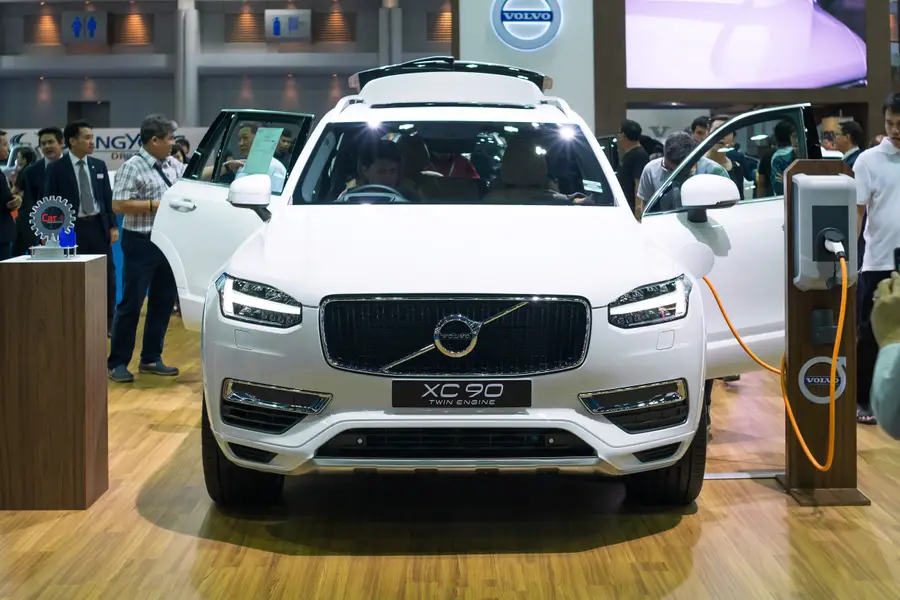Volvo gives up plan to sell only EVs by 2030
2 min read

Volvo has revised its ambitious goal of selling only fully electric vehicles (EVs) by 2030, now planning to include hybrid models in its lineup. This shift comes amid changing market dynamics and challenges within the automotive industry.
Initially announced three years ago, Volvo’s target aimed to make its entire vehicle portfolio fully electric by 2030. However, the company has adjusted its strategy in response to evolving market conditions and recent economic uncertainties. The decision reflects a broader trend as major automakers such as General Motors and Ford also rethink their EV strategies.
Volvo now projects that at least 90% of its vehicle output will consist of electric cars and plug-in hybrids by 2030. The company is also considering the addition of a limited number of mild hybrids, which combine conventional engines with minimal electric assistance.
Jim Rowan, Volvo’s Chief Executive Officer, emphasized the company’s commitment to electrification despite the revised target. “We are resolute in our belief that our future is electric,” Rowan stated. “However, it is clear that the transition to electrification will not be linear, and customers and markets are moving at different speeds.”
Several factors influenced Volvo’s decision. The rollout of EV charging infrastructure has been slower than anticipated, and consumer incentives that once encouraged electric vehicle purchases have diminished. Additionally, the imposition of trade tariffs on Chinese-made EVs has created further complications.
Independent equity analyst Anna McDonald noted that these challenges have contributed to consumer hesitance regarding EV adoption. “Some of the subsidies that governments had put in place to encourage electric car purchases have ended, and there’s an ongoing lack of demand due to concerns about charging infrastructure,” McDonald explained. “Electric cars are still more expensive, and with tariffs on Chinese imports, manufacturing costs are rising, which can lead to higher prices.”
In July, registrations of electric vehicles in the European Union dropped nearly 11%, as reported by the European Automobile Manufacturers Association. Volvo, which is majority-owned by the Chinese carmaker Geely and operates factories in China, is directly impacted by tariffs on Chinese-made EVs. Last week, Canada announced a 100% tariff on electric vehicles imported from China, following similar measures by the US and the EU. These tariffs aim to counteract perceived subsidies provided by China to its EV industry, which Western countries argue creates an unfair market advantage. China has refuted these allegations and criticized the tariffs as discriminatory.
The broader automotive industry is also adjusting its EV strategies. Ford recently announced it would cancel plans for a large, all-electric SUV and delay the launch of its next electric pickup truck. Similarly, General Motors has been reducing its production goals for electric vehicles over the past year.
Volvo’s shift highlights the ongoing challenges and uncertainties in the transition to electric mobility. While the company remains committed to a future dominated by electric vehicles, it recognizes the need to adapt to the current market realities.